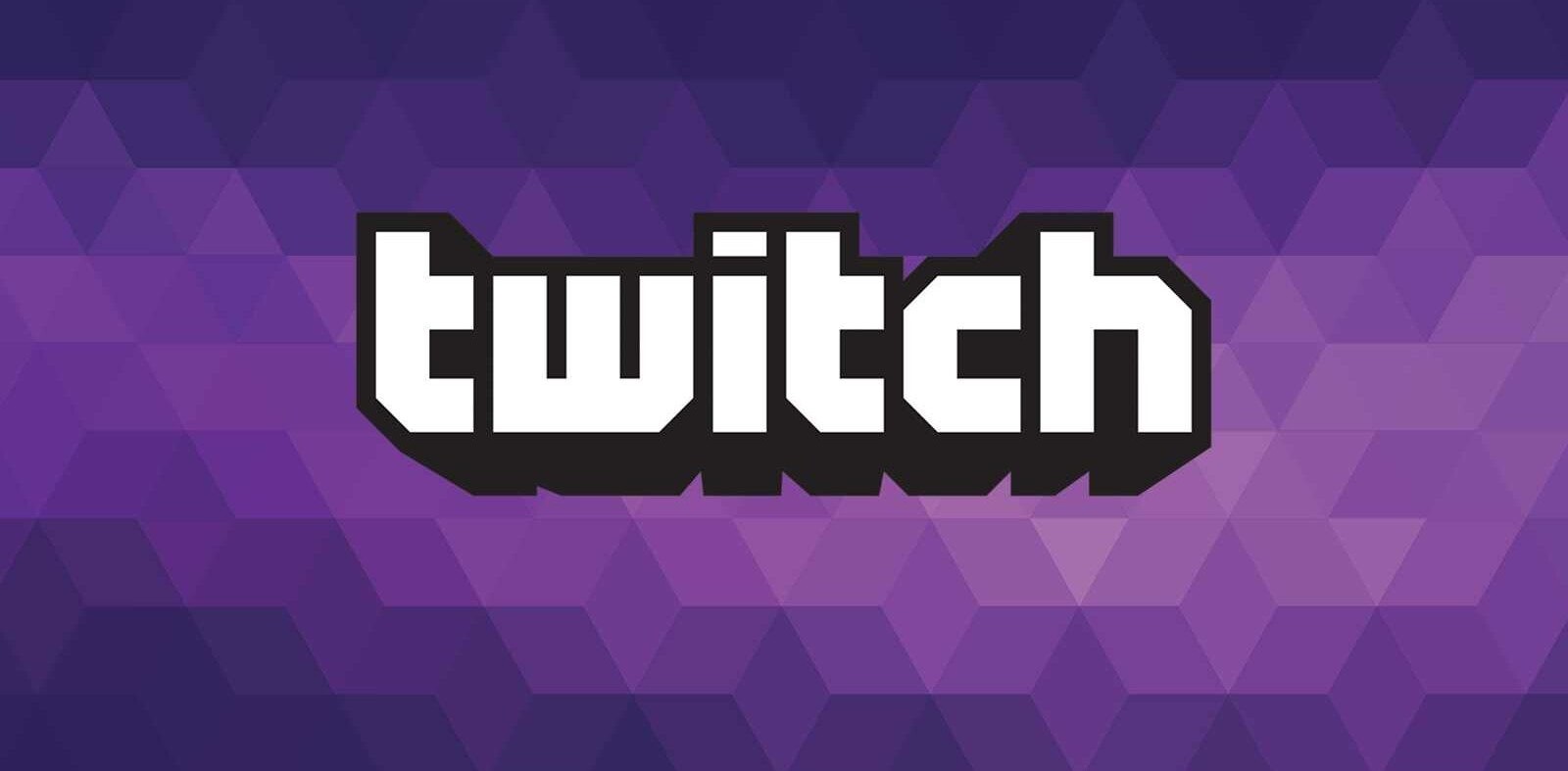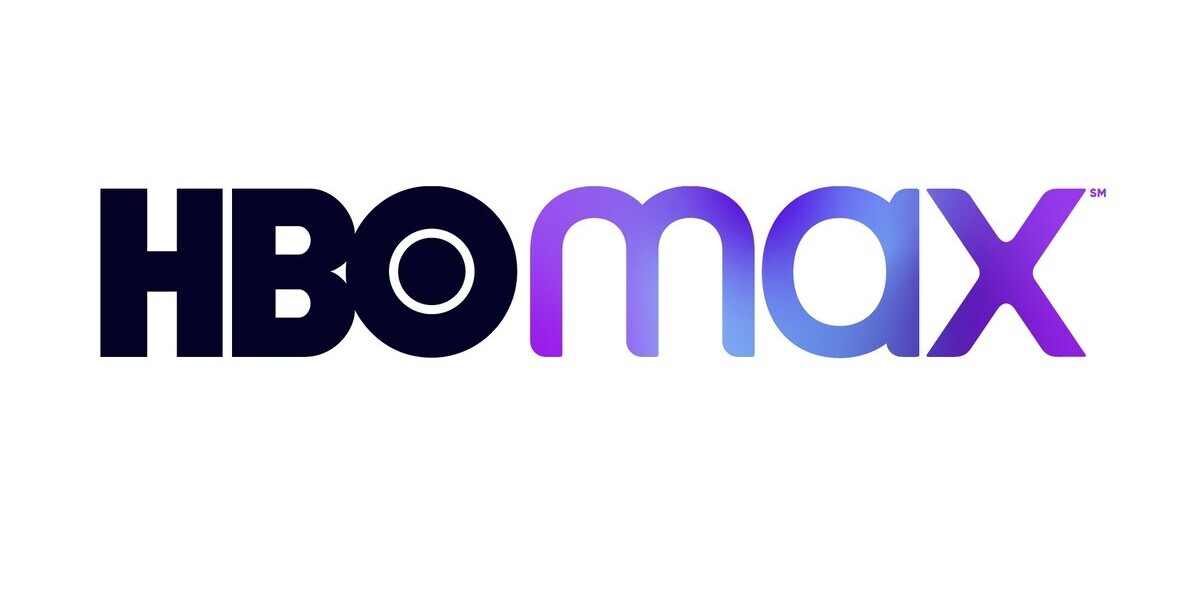
A lot has been happening in the world of media this week, and as usual we’ve taken the liberty of looking at some of the key, notable events this week and thrown them together in an easy-to-digest compendium here.
Without further ado, here’s the week’s media news in review….
Video: Live AND on-demand
This story likely led few people to tears, but news emerged this week that Google’s pre-cursor to YouTube, Google Video, is dead. If you have any existing content on Google Video, you can choose to migrate it over to YouTube yourself, or delete them. If you don’t do anything, Google will push them to YouTube for you. But don’t worry, they’ll be marked as private.
Speaking of YouTube, earlier this week we reported that NBC, its partner for live-streaming the London Olympics, and its parent company Google are taking no chances regarding potential issues. It seems that Google and NBC are holding ‘war games’ to prepare for all sorts of problems that could crop up during the event.
From hackers to massive hardware outages, the two companies have been working in concert for three quarters of a year to prepare for the sporting extravaganza. Google plans to stream 3,500 hours of content during the games, for the record.
Elsewhere, a Google study released in conjunction with the UK’s PRS (Performing Right Society) for Music, found that live TV is the fastest growing segment for copyright infringement. “Global page-views of live TV sites were up 61 percent for the year ending May 2012,” wrote PaidContent’s Laura Hazard Owen. “Live TV sites link to illegal streams of network and paid TV. The study looked at 51 live TV sites — it doesn’t mention any of them by name, but a couple of popular ones are Sidereel.com and TVDuck.com, which feature a mixture of legal and illegal content — and found that a third of them are based in the United States.”
Google’s UK policy manager, Theo Bertram, added in a statement:
“Our research shows there are many different business models for online infringement which can be tackled if we work together. The evidence suggests that one of the most effective ways to do this is to follow the money, targeting the advertisers who choose to make money from these sites and working with payment providers to ensure they know where their services are being used.”
Moving away from the live TV realm and onto video-on-demand (VoD), Netflix notched up one billion hours of video views in June, according to CEO Reed Hastings. Interestingly, this made it cable’s biggest TV network in the US. “That means that US subscribers watched around 80 minutes of Netflix per day last month, which makes the service more popular than any traditional US cable network,” wrote Gigaom’s Janko Roettgers.
Meanwhile, across the pond in the UK, YouView was officially announced (finally), and it should be landing in stores for £299 later in July. A joint venture between some of the UK’s biggest TV and broadband brands, including the BBC, ITV, BT and TalkTalk, YouView aims to bring together catch-up TV services together on one platform.

More than that, however, YouView provides a single platform to watch, pause and rewind live TV. Whilst it’s largely focused on the standard Freeview channels for the time being, there’s scope for more content producers to be integrated over time – evidenced by the fact that BSkyB’s upcoming pay-as-you-go Now TV service will be arriving on the platform too.
YouView is expensive, sure, and it is essentially just Freeview, plus Now TV, at the time of launch. But we argue that it could still succeed despite all the naysaying.
Reading rights
In the e-book war, the independent publishers are striking back, wrote The Atlantic. You may remember that the Department of Justice filed anti-trust cases against Apple and five publishers earlier this year – Penguin Group USA, Hachette Books Group, HarperCollins, Simon & Schuster, and Macmillan. The allegations were that they had colluded to raise the price of new and top-selling digital books. Things took an interesting turn this week though.
“Now, nine of the country’s leading independent publishers have taken a bold step, and deserve public recognition for their action,” wrote The Atlantic’s Peter Osnos. “On June 25, they submitted a cogent, twenty-page comment to the court objecting to the Department of Justice’s settlement with the three publishers on the grounds that it would ‘adversely impact competition — harming independent publishers, authors, booksellers and consumers — and should be rejected.’ The case itself would still go forward, unless it is dismissed by the judge or is settled in some way that remains to be devised. At first glance, this may seem like a complex legal dispute far outside the general concerns of most bookbuyers.”
Osnos argued that the publishers deserve credit for their actions, and this issue is one that cannot go ignored. And neither can this next issue, which is specific to Europe…
“When is a book not a book? When it comes to European tax law,” wrote PaidContent’s Robert Andrews. “Continental lawmakers may punish France and Luxembourg for reducing VAT on e-books to match their physical equivalents.”
We’ve previously written about this subject, noting that the Luxembourg VAT cut may be good for Amazon given that it’s headquartered there, but not for competition, as it enables the Internet giant to undercut other e-book sellers even more. The issue is this – in some countries, printed books (among other goods) are subject to reduced VAT rate exemptions. But their digital equivalents are more often than not exempt.
“This year, France moved e-books outside the country’s standard 19.6% VAT bracket, putting them on a footing with physical books’ 7% rate,” says Andrews. “Luxembourg also reduced e-book tax from its 15% countrywide rate to just 3%. But the European Commission has now begun investigating the countries for potentially ‘infringing EU law’.”
What, exactly, did it say? This:
“This situation is creating serious distortions of competition that are damaging to economic operators in the other 25 Member States since digital books can easily be purchased in a State other than the one where the consumer resides…
Local actors in the electronic book market have complained that some of the dominant players in this market have reorganised their distribution channels to benefit from these reduced rates, which has apparently had a serious effect on the sale of books (both digital and traditional) in the other Member States in the first quarter of 2012.”
This is what many feared, and it seems that we may be nearing some affirmative action from the powers that be.
Spreading the news
This week saw a lot of reflection on News Corp.’s split, with many onlookers pondering what it actually means for Murdoch’s media empire.
The New York Times argued that employees at the company’s print publications are facing a new reality: they are now in the newspaper business. “For years, the success of News Corporation’s lucrative cable and entertainment assets formed a buffer between its print properties and the downturn in the newspaper industry,” writes Christine Haughney at The Times. “Now, many journalists at those newspapers worry about what will happen as they become part of a much smaller company, grouped with HarperCollins and News Corporation’s education assets.”
So, will the newspapers’ employees feel as though they’ve been thrown into the ocean as shark-feed? The issue of profitability across the newspaper industry is always topical, and up until this split employees at News Corp.’s print divisions could at least take some comfort from the corporate might behind them. Now, it does feel a little like they’ve moved one small step closer to oblivion. Not in the immediate future, though.
There’s likely more than a few News Corp. people out there that wish Murdoch hadn’t changed in mind and siphoned off the less profitable area of business. Will Time Warner be next to spin-off its print assets as AdAge pondered? Stranger things have happened.
Finally, one of the main hot talking points in media circles this week involved Journatic, a US-based content provider to media companies. Focusing on “original community news”, or hyper-local content, its content is farmed out to community publications and ‘local’ sections of larger publications, such as the Chicago Sun-Times.
The company was found to use fake bylines for at least some of its content this week, as This American Life revealed.
In an email to staff, Journatic CEO Brad Timpone said that the use of fake bylines was little more than an “oversight”, caused by clients’ content published from Blockshopper.com, a real estate information site that used fake names for its content creators. As noted in Poynter, he wrote in the email:
“To be sure, we made a mistake when we gave Blockshopper.com stories with alias bylines to our customers. Or more specifically, I did. It was a detail I personally overlooked; it shouldn’t have happened.
But mistakes always do. And we’ll make more of them. When we do, we’ll take responsibility for them, implement remedies and push forward.
That’s the strength of a company like ours. We are not afraid to take risks; to try what hasn’t been done before; to admit we were wrong; to fail.”
Can Journatic’s reputation be salvaged? Big guns such as the Chicago Sun-Times are already severing ties, so the damage may already be done. And it seems that many big-name publications will treat Journatic with caution in the future…at the very least.
Feature Image Credit: 2Tales | Flickr
Get the TNW newsletter
Get the most important tech news in your inbox each week.





